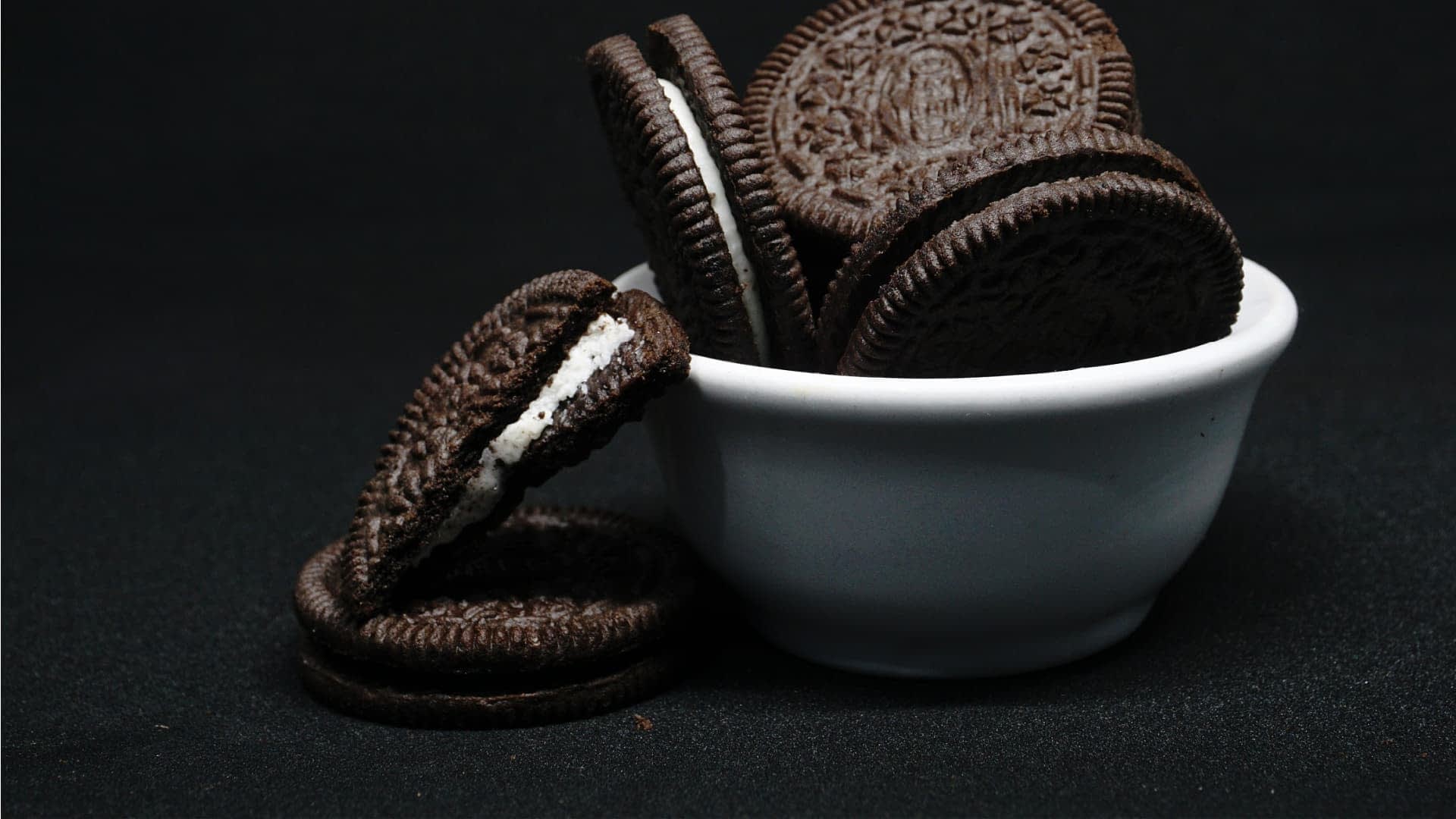Some Ultra-Processed Foods Are Addictive, Like Tobacco

New research suggests that ultra-processed foods may share addictive characteristics with tobacco, prompting a debate on whether consuming these foods can lead to addiction and life-threatening health consequences. Researchers are investigating the addictive potential of HPFs, particularly those high in refined carbohydrates and added fats, and are considering the need for labeling and reformulation to reduce the addictive potential of these foods.
Ultra-processed foods commonly available in food retailers in most countries share some of the addictive characteristics of tobacco, new research suggests.
An opinion and debate article published by the Society for the Study of Addiction investigated if and how consuming ultra-processed food might lead to a life-threatening addiction.
Previous research has shown that frequent, high-volume consumption of ultra-processed food has been linked with an increase in heart attacks, strokes and premature death.
See Also:Health NewsThe increasingly apparent negative impacts of ultra-processed food on health prompted several authorities and researchers to recommend that companies indicate whether a product is ultra-processed on its labels.
Now, researchers are investigating whether an addictive-eating phenotype may exist, particularly involving foods with refined carbohydrates and added fats (HPFs).
“The lack of scientifically grounded criteria to evaluate the addictive nature of HPFs has hindered the resolution of this debate,” researchers wrote.
They said evidence of an existing phenotype exists that reflects the “hallmarks of addiction” in some consumers, such as loss of control over intake, intense cravings, inability to cut down and continued use despite negative consequences.
Additionally, excessive food intake has been linked with symptoms of other addictive disorders, including low quality of life or adverse reactions to weight-loss treatments.
The study’s authors also acknowledged that other researchers tend to believe that food addiction does not depend on the type of food but on the act of eating, making it impossible to classify specific food as addictive.
“HPFs are evolutionarily novel products made possible through modern food technology that provide refined and rapidly delivered primary reinforcers, specifically calories, in the form of refined carbohydrates and added fats,” researchers wrote.
“The debate that remains concerns whether a refined and optimized delivery system of calories can produce comparative effects to a refined and optimized delivery system of addictive drugs,” they added.
In 1988, the U.S. Surgeon General issued a report identifying tobacco products as addictive based on scientific criteria, including their ability to cause highly controlled or compulsive use, psychoactive or mood-altering effects and ability to reinforce behavior.
The study explained how HPFs are “complex substances that are psychoactive, highly reinforcing, strongly craved and consumed compulsively,” similar to tobacco products.
“The foods that people report being most likely to consume in an addictive manner are all HPFs that deliver both refined carbohydrates and added fats,” the researchers wrote, citing chocolate, ice cream, French fries and pizza as relevant examples.
See Also:Study Links Cooking Methods and HealthHPF foods high in refined carbohydrates without high levels of fat, such as breakfast cereal, gummy candy and soft drinks, are also associated with an addictive-eating phenotype.
These HPF foods deliver high doses of refined carbohydrates and fats, which the researchers described as “unnatural” because they depend on “significant changes to the food matrix during processing that removes ingredients that would slow down the eating rate and absorption (e.g., water and fiber).”
Given their nutrient density and quick bioavailability, HPFs activate the body’s natural reward system through the gut-brain axis.
Researchers said the exact dose of HPFs required to trigger an addiction is currently unknown but added the same is true of nicotine.
“This is an important area of future research that may aid in the reformulation of HPFs to reduce addictive potential,” they wrote.
According to the scientists, another area of research that should be explored is the role played by the many food additives that modify the taste, smell, texture or mouth-feel of food.
The additives might not trigger addictive behavior by themselves. Still, the researchers believe that they may contribute to the addictive-eating phenotype when consumed with refined carbohydrates and added fats, similar to what happens with the additives in tobacco products.
“Scientific advances have now identified the ability of tobacco products to trigger strong urges or cravings as another important indicator of addictive potential. Here, we propose that these… criteria provide scientifically valid benchmarks that can be used to evaluate the addictiveness of HPFs,” the researchers wrote.
They concluded that HPFs could meet the criteria to be considered addictive substances if the standard set for tobacco products is considered.
“The addictive potential of HPFs may be a key factor contributing to the high public health costs associated with a food environment dominated by cheap, accessible and heavily marketed HPFs,” the scientists wrote.
Finally, they emphasized how previous research has shown that “poor diets dominated by HPFs are contributing to preventable deaths to a comparable degree as tobacco products.”









